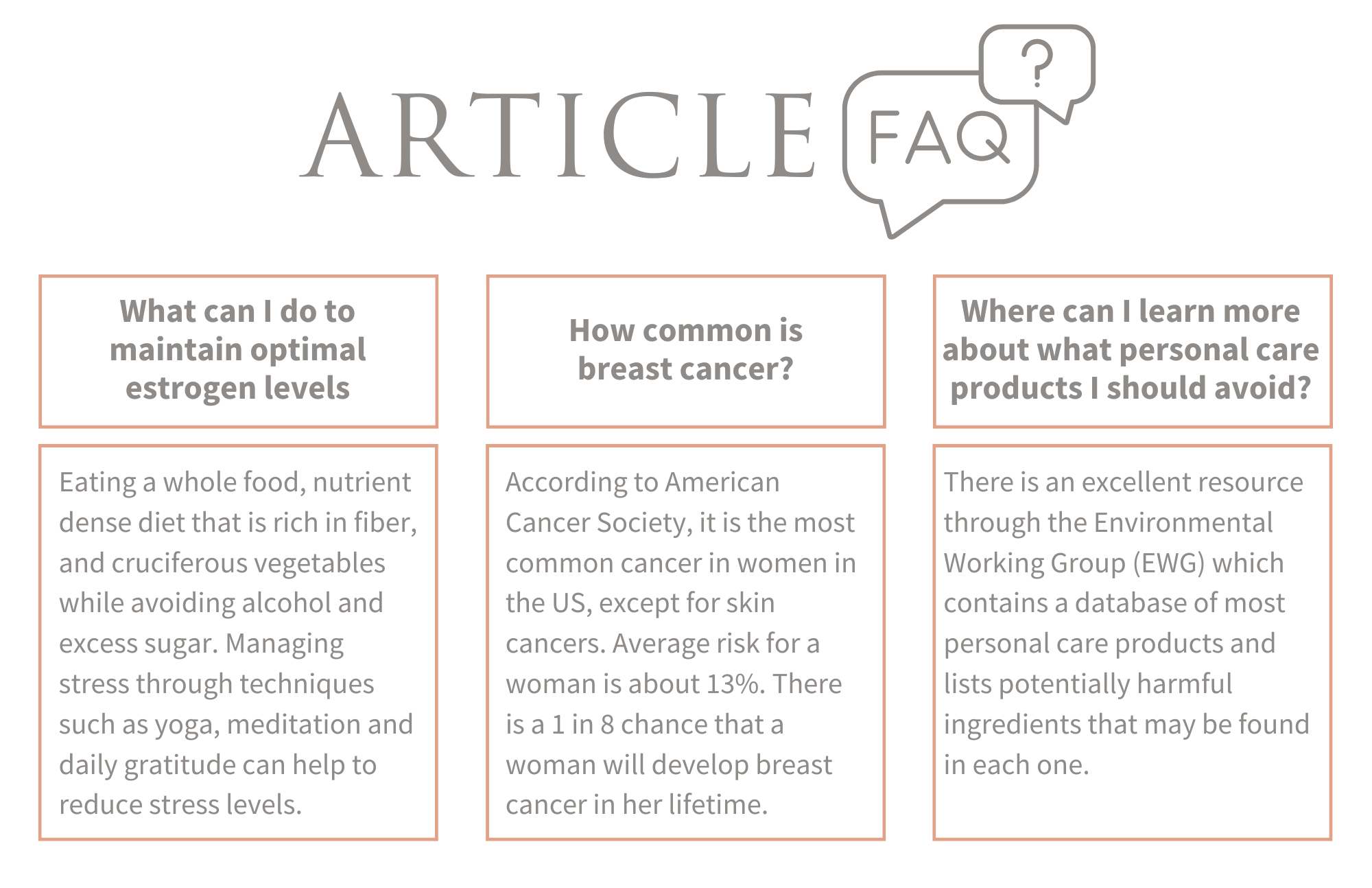
Plate to Prevention
Your Guide to Cancer-Fighting Foods

Eating certain foods can play a vital role in reducing the risk of cancer by supporting your body’s natural defense mechanisms. Many foods contain powerful nutrients, antioxidants, and bioactive compounds that help fight inflammation, repair damaged cells, and enhance detoxification processes. A diet rich in these cancer-fighting foods can help protect your cells from oxidative stress, boost your immune system, and promote overall health. By choosing nutrient-dense foods that support your body’s natural healing and protective functions, you empower yourself to prevent cancer and other chronic diseases.
These cancer-fighting foods include:
Cruciferous Vegetables: Your Cancer-Fighting Allies
First and foremost, let’s talk about cruciferous vegetables. These nutritional powerhouses include broccoli, cauliflower, Brussels sprouts, kale, and cabbage. They are rich in antioxidants, vitamins (like vitamin C and K), and minerals, but what makes them particularly beneficial is their sulfur-containing compounds, such as sulforaphane. Studies suggest that sulforaphane may help prevent cancer by enhancing the body’s detoxification enzymes and reducing inflammation.
Berries: Nature’s Antioxidant Boosters
Berries—such as blueberries, strawberries, raspberries, and blackberries—are not only delicious but also packed with antioxidants like anthocyanins and flavonoids. These compounds have been shown to protect cells from damage that can lead to cancer. Including a variety of berries in your diet provides a flavorful way to boost your antioxidant intake and support your body’s defense against oxidative stress.
Whole Grains: Fiber-Rich and Protective
Whole grains like brown rice, quinoa and oats are excellent sources of fiber, vitamins, and minerals. Fiber is known for its role in promoting digestive health, but it also plays a significant role in reducing the risk of certain cancers, such as colorectal cancer.
Fatty Fish: Omega-3 Rich and Anti-Inflammatory
Fatty fish such as salmon, trout, mackerel, and sardines are rich in omega-3 fatty acids, which are essential for heart health and have potent anti-inflammatory properties. Chronic inflammation is linked to an increased risk of cancer, making omega-3 fatty acids a valuable addition to your diet. Aim to incorporate fatty fish into your meals at least twice a week to reap their health benefits.
Green Tea: Potent Polyphenols for Protection
Green tea is renowned for its high concentration of polyphenols, particularly catechins, which have powerful antioxidant properties. Studies suggest that catechins may help prevent cell damage that can lead to cancer. Enjoying a cup or two of green tea daily supports your body’s natural defense mechanisms against oxidative stress.
Garlic and Onions: Flavorful Cancer Fighters
Garlic and onions, members of the allium vegetable family, are known for their distinct flavors and potent health benefits. They contain sulfur compounds, flavonoids, and other bioactive substances that have been studied for their potential anticancer effects. Including garlic and onions in your cooking not only enhances the taste of your meals but also contributes to your overall health and cancer prevention efforts.
In conclusion, your dietary choices play a significant role in reducing your risk of cancer. By incorporating cruciferous vegetables, berries, whole grains, fatty fish, green tea, garlic, and onions into your meals regularly, you can harness the power of nutrition to support your health goals. Remember, small changes in your diet can yield significant benefits over time.
To schedule an appointment with one of our certified Functional Medicine Physicians, please give us a call. We are excited to partner with you on your journey to optimize your health and wellness through personalized care tailored to your unique needs.
919.999.0831

Your Partner In Health,
Sara Yadlowsky
Health Coach Carolina Total Wellness











